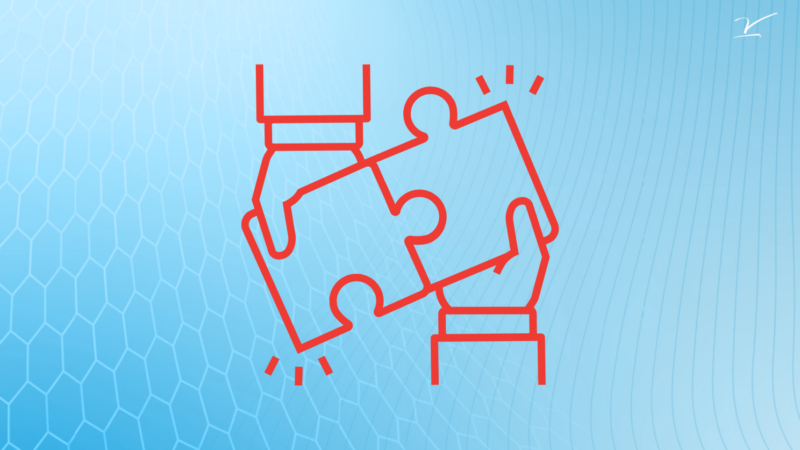Susanna Fletcher Greer, Chief Scientific Officer at the V Foundation, shared a post on LinkedIn:
“This week we dive back into a frequent topic: immunotherapy AND another FAVORITE of mine – TWO the V Foundation funded grantees – Drs. M. Eric Kohler and Sarah K Tasian collaborating for ONE incredible study. Oh, my heart!

You’ve likely heard of CAR T cell therapy as it’s been a groundbreaking treatment for patients with relapsed or refractory leukemia, particularly those with B-acute lymphoblastic leukemia, or B-ALL. CAR T approaches ‘reprogram’ a patient’s immune cells to recognize and attack cancer. However, its long-term effectiveness is often hindered by relapse, especially when cancer cells change over time & reduce the proteins (antigens) they display on their surface, making them harder for CAR T cells to detect and destroy.
One significant challenge in the clinic right now is the inability of so called ‘second-generation’ CAR T cells to effectively eliminate cancer cells with these low levels of targeted proteins, such as CD22. This limitation has led to frequent relapses in patients treated with CD22-targeting CAR T cells, creating an urgent need for improved therapies.
In this study, Dr. Kohler and colleagues at the University of Colorado identified a major weakness in current CAR T cell therapy: when these engineered immune cells encounter cancer cells with low CD22 (a protein on the surface of cancer cells), they exhibit weak amplifying immune signals that drive CAR T cell function, specifically in their persistence, and effectiveness.
To overcome this, Dr. Kohler developed a new platform called ALA-CART (Adjunctive LAT-Activating CAR T cells…named after the protein they targeted; &, fun name too, right?!).
This innovation pairs the traditional CAR T cell with an additional protein specifically designed to enhance the amplification signal. By doing so, ALA-CART cells generate stronger immune responses against leukemia cells that express low levels of CD22, a common escape mechanism leading to relapse. Incredible!
I LOVE this study because their results showed that ALA-CART cells offer key advantages over conventional CAR T cells – ALA-CART cells:
- reduced the likelihood of relapse;
- remained active in the body for a longer period, increasing the chances of sustained remission;
- were more effective in eliminating resistant leukemia cells.
- and could be adapted to improve treatments across different cancer types.
This research provides a promising strategy to make CAR T cell therapy more durable and effective for leukemia patients who are at high risk of relapse. By addressing a fundamental limitation in current CAR T designs, the ALA-CART approach could lead to longer-lasting remissions and expand treatment options for patients with hard-to-treat cancers.
Next steps are clinical trials which will be crucial to confirm its benefits in patients and explore its potential in other types of cancer.
BUT, by enhancing immune cell signaling, this approach could help overcome one of the biggest challenges in CAR T therapy and bring more hope to patients facing relapsed leukemia and beyond.
Read this incredible study here Restoration of LAT activity improves CAR T cell sensitivity and persistence in response to antigen-low acute lymphoblastic leukemia: Cancer Cell and find the Kohler lab.”



